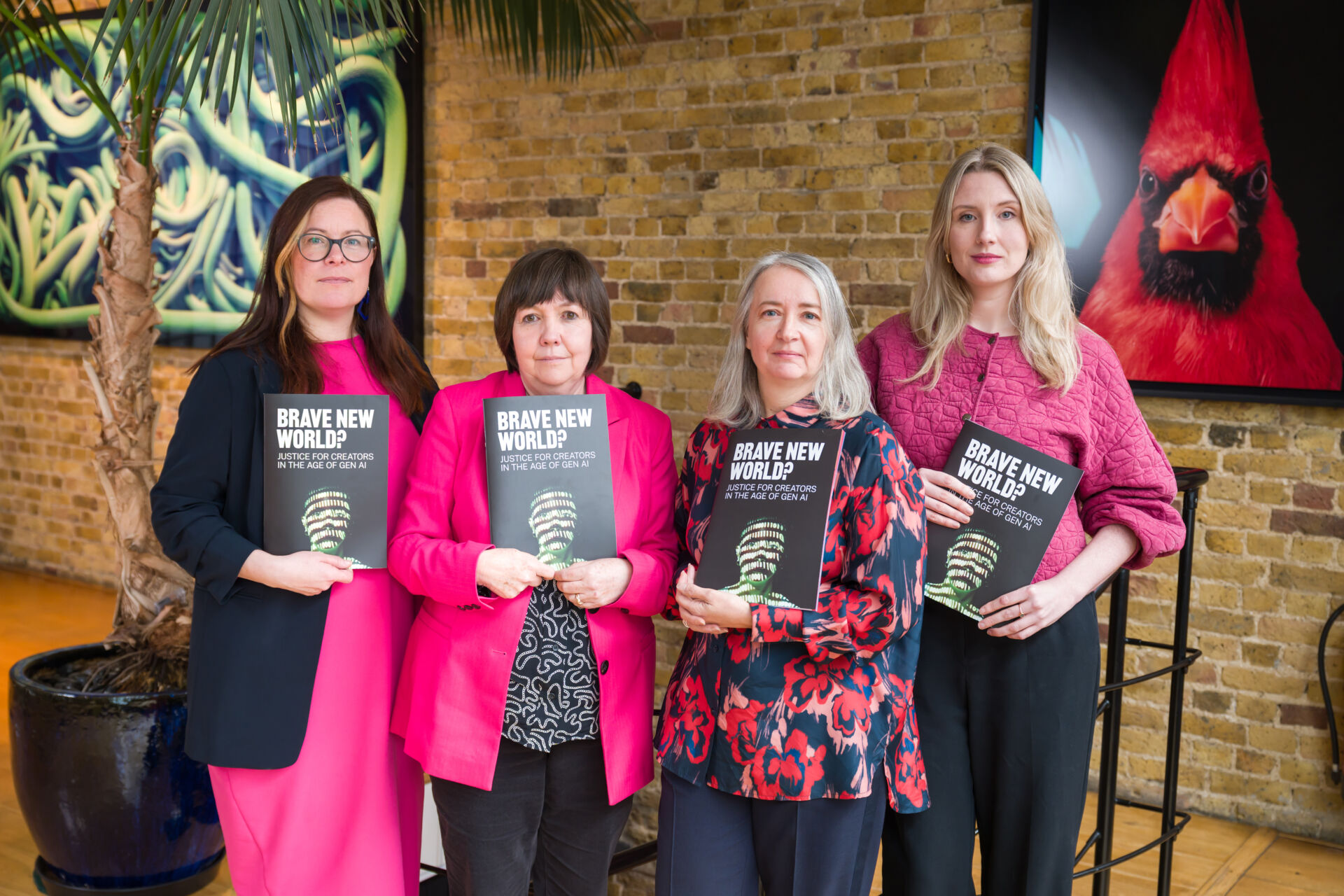Bloomsbury is offering its authors the opportunity to opt in, as it explores the possibility of a bulk licensing deal. The Bookseller magazine understands authors are being offered a 20% royalty payment, and contacted us for our views.
We have seen the proposal that Bloomsbury has sent to some of its authors.
It is important to note that AI training rights are new rights that are the author’s to license rather than the publisher’s, and these are not automatically granted to the publisher.
We have two fundamental concerns that must be addressed:
Author remuneration: we do not consider that the proposed 20% pro rata share of monies paid by the licensee represents fair remuneration. What is the publisher doing for its 80% share? Any division of remuneration should reflect the work involved and the value of the rights granted. We would also want clarity over the share of revenue from future outputs generated by the AI models trained on those authors’ works.
Bloomsbury argues that “A viable licensing ecosystem not only helps to counteract the unauthorised use of copyright-protected works in generative AI technologies but supports the case that the current copyright regime does not need to change.”
We agree. However, a a pro rata share of 20% of net receipts attributable to each work from the licensing of a bulk deal (and if you are a co-author, this is divided between the authors in line with their contract) is not fair and equitable.
HarperCollins also recently proposed a deal to its authors. The payment was split 50/50 with the author and publisher, and was ring-fenced to one specific title and one specific licence, for a limited term (so if the work cannot be redacted, further fees would presumably be due after that initial period). Clearly considerably better – though in our view, this still fell short.
We strongly believe that the publisher’s share of the income from licensing these rights should be akin to that of an agent’s commission for licensing rights.
The protections for authors are also currently unclear. What happens about redacting third-party content? Is the generation of derivative works permitted and, if so, how? And what guardrails are in place to protect rights holders around liabilities for false information, attribution of any extracts? And what about preventing unauthorised uses?
We remain concerned over the question of payments for outputs. If outputs are monetised (as they should be), we would expect a share of any income to go to the author (and licensing publisher) both during and after the licence period.
Of course, the devil is in the detail, but on the face of it, a 20% share of income from a one-off bulk deal does not sound fair and equitable.
We will keep members updated on any developments.





